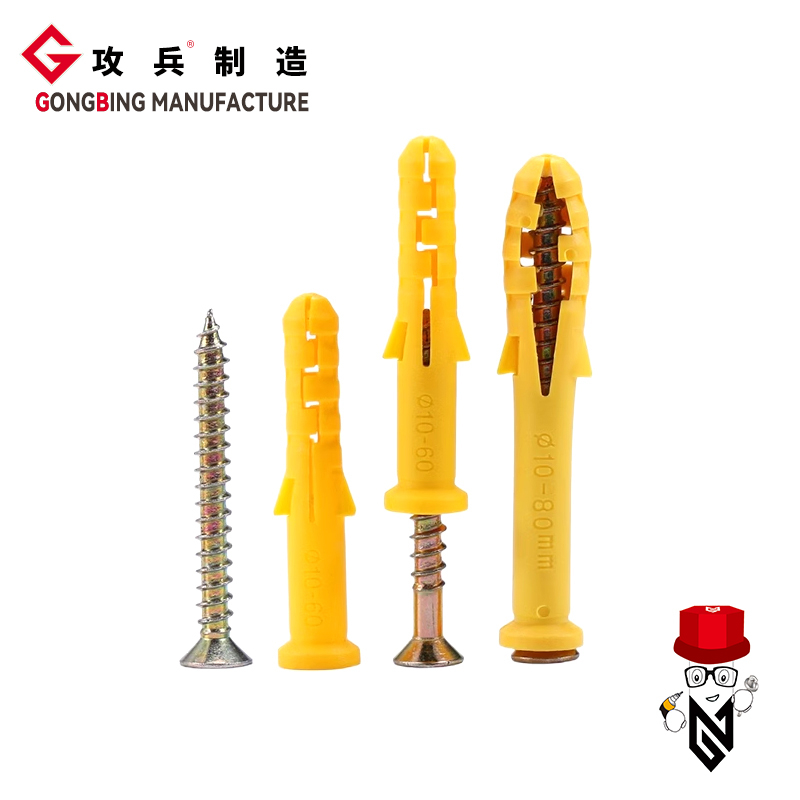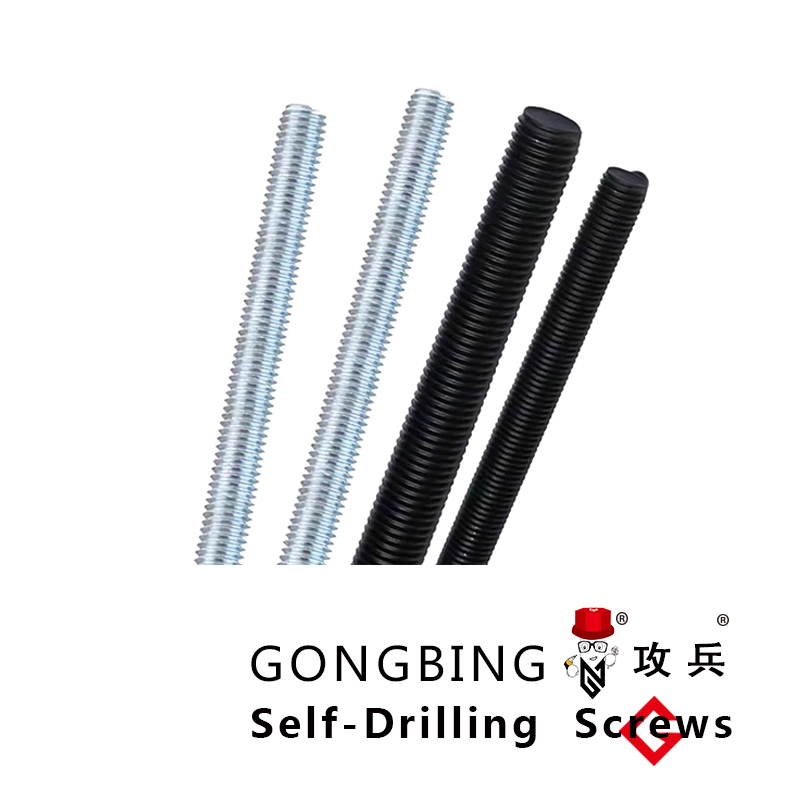Feb . 14, 2025 06:27
Back to list
foundation bolts
Stainless steel foundation bolts play a pivotal role in the construction and engineering sectors due to their robust features and long-lasting efficacy. These crucial components ensure the durability and stability of structures, ranging from simple residential buildings to complex bridges and skyscrapers. While often overlooked, their importance in the foundational support system cannot be overstated.
Installation of stainless steel foundation bolts also demands precision and expertise. Proper anchoring and tensioning are vital to ensure the bolts fulfill their intended role. Over-tightening can lead to stress fractures, while insufficient tension may fail to provide the necessary support. Advanced tools and techniques, such as hydraulic torquing, have been developed to aid in achieving optimal installation. Manufacturers of stainless steel foundation bolts often conduct rigorous testing to validate the performance and reliability of their products. These tests typically include tensile strength assessments, fatigue tests, and corrosion simulations to mimic real-world conditions. By adhering to international standards such as ASTM and ISO, these manufacturers not only assure quality but also establish their authority and trustworthiness in the market. Another key element influencing the adoption of stainless steel foundation bolts is sustainability. As industries worldwide pivot towards environmentally friendly practices, stainless steel is gaining recognition for its recyclable nature. Unlike other materials that degrade after use, stainless steel can be recycled without loss of quality, contributing positively to sustainability goals and reducing a project's carbon footprint. Incorporating stainless steel foundation bolts into a construction project reflects a commitment to quality, safety, and longevity. It also demonstrates a forward-thinking approach, taking into account future maintenance costs and environmental impact. By opting for stainless steel, builders signal their dedication to constructing safe, sustainable, and resilient infrastructures that withstand the test of time. In conclusion, stainless steel foundation bolts are not merely components of construction; they represent a vital investment in the safety and longevity of structures worldwide. Their unmatched resistance to corrosion, superior strength, and adaptability make them indispensable in modern construction. As the demand for resilient and sustainable infrastructure continues to grow, the role of stainless steel foundation bolts will undoubtedly become even more significant.


Installation of stainless steel foundation bolts also demands precision and expertise. Proper anchoring and tensioning are vital to ensure the bolts fulfill their intended role. Over-tightening can lead to stress fractures, while insufficient tension may fail to provide the necessary support. Advanced tools and techniques, such as hydraulic torquing, have been developed to aid in achieving optimal installation. Manufacturers of stainless steel foundation bolts often conduct rigorous testing to validate the performance and reliability of their products. These tests typically include tensile strength assessments, fatigue tests, and corrosion simulations to mimic real-world conditions. By adhering to international standards such as ASTM and ISO, these manufacturers not only assure quality but also establish their authority and trustworthiness in the market. Another key element influencing the adoption of stainless steel foundation bolts is sustainability. As industries worldwide pivot towards environmentally friendly practices, stainless steel is gaining recognition for its recyclable nature. Unlike other materials that degrade after use, stainless steel can be recycled without loss of quality, contributing positively to sustainability goals and reducing a project's carbon footprint. Incorporating stainless steel foundation bolts into a construction project reflects a commitment to quality, safety, and longevity. It also demonstrates a forward-thinking approach, taking into account future maintenance costs and environmental impact. By opting for stainless steel, builders signal their dedication to constructing safe, sustainable, and resilient infrastructures that withstand the test of time. In conclusion, stainless steel foundation bolts are not merely components of construction; they represent a vital investment in the safety and longevity of structures worldwide. Their unmatched resistance to corrosion, superior strength, and adaptability make them indispensable in modern construction. As the demand for resilient and sustainable infrastructure continues to grow, the role of stainless steel foundation bolts will undoubtedly become even more significant.
Next:
Latest news
-
Weatherproof Plastic Expansion Anchors for OutdoorNewsJun.06,2025
-
Sustainability in the Supply Chain: Eco-Friendly TEK Screws ProductionNewsJun.06,2025
-
Load-Bearing Capacity of External Insulation FixingsNewsJun.06,2025
-
Double Head Bolts: Enhancing Efficiency in Industrial MachineryNewsJun.06,2025
-
Corrosion Resistance in Chipboard Screws: Coatings for Wholesale DurabilityNewsJun.06,2025
-
Butterfly Toggle Bolts : Enhancing Structural ResilienceNewsJun.06,2025
